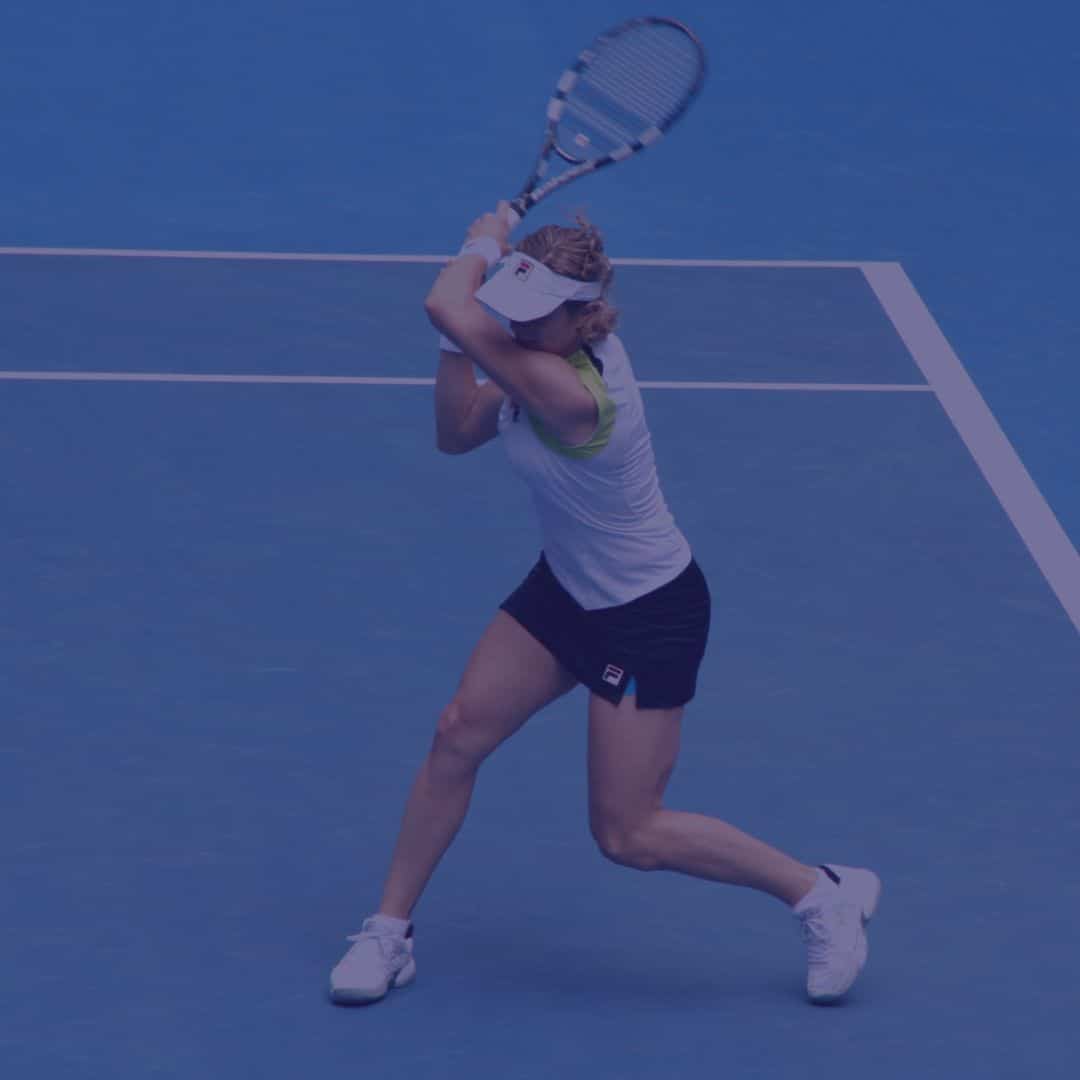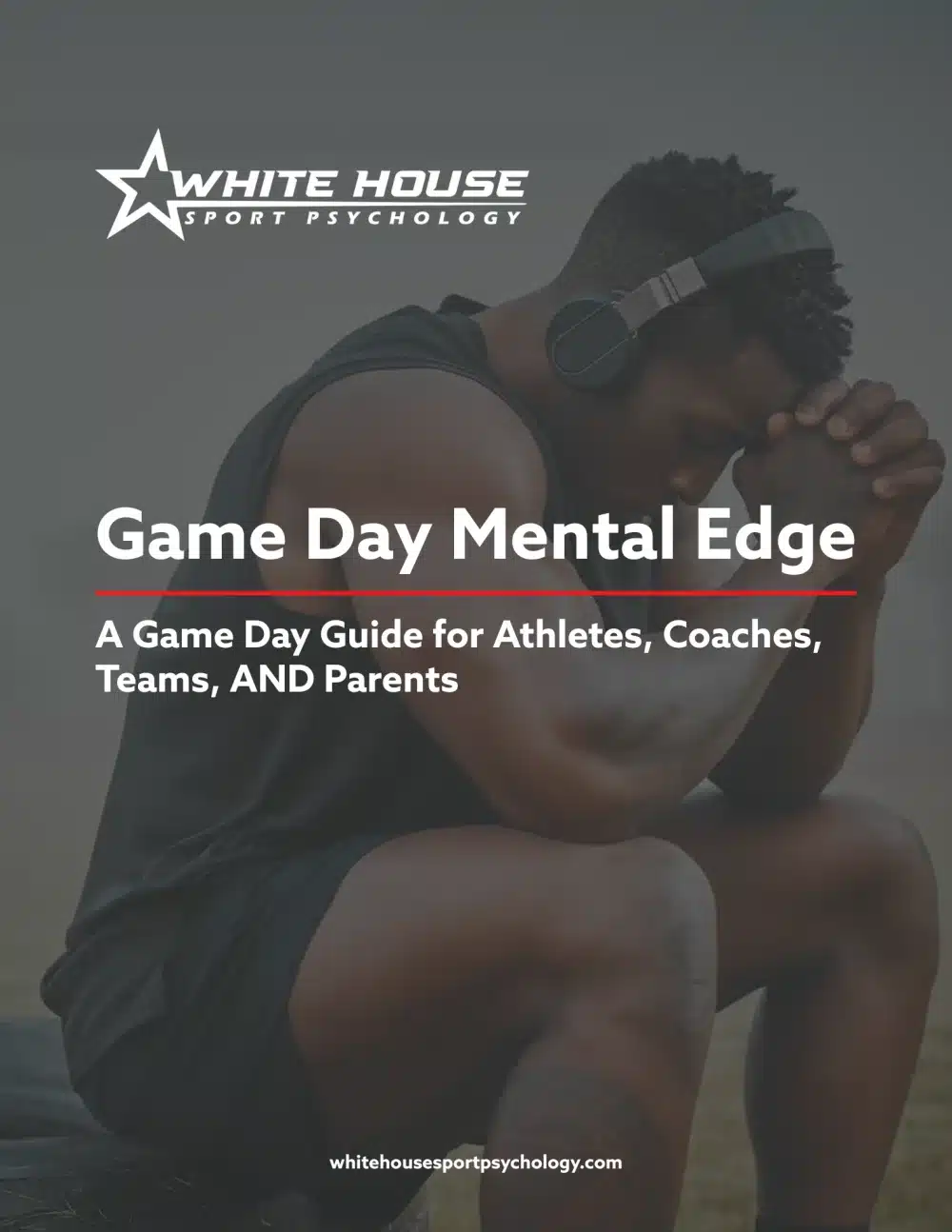Why Traditional Therapy Often Falls Short for Athletes — And What Really Works
Every month, our team at White House Sport Psychology receives calls from frustrated athletes (and their families) who say something like:
“We tried a regular therapist, and they just didn’t get me or my sport.”
“We went to a counselor, but it didn’t help the way we thought it would.”
The people who tried traditional counseling but end up coming to White House Sport Psychology instead are the ones persistent enough to keep looking when traditional therapy failed to meet their needs. They are the families willing to try again because they know there has to be something more effective out there.
If you’re an athlete (or the parent of one) trying to improve your mental game, here’s the truth: those athletes and their families are right. There is something more effective. It is called Sport Psychology and that is our specialty.
So, to save you from making the same mistake others have made (along with saving time, hassle, and money) we have outlined why sport psychology is the right answer for athletes while traditional therapy is not.
1. Traditional Therapists Aren’t Trained to help Athletes with Their Performance
Most psychologists, counselors, and therapists have zero training in sport psychology or mental performance coaching for athletes. It’s not their fault—they simply weren’t trained for it.
Instead they are trained to treat mental health conditions like depression, eating disorders, and trauma. This form of training is of course very important for daily life, however, it is not the same as teaching athletes how to build their competitive mindset.
NOTE: The founder of White House Sport Psychology, Tim White, is trained in both traditional psychology and sport psychology. He shared this from his education and experience:
None of my ‘regular’ psychologist training taught me how to help an athlete with:
- Managing expectations
- Staying calm under pressure
- Controlling nerves and anxiety
- Maintaining focus and concentration
- Bouncing back after mistakes or failure
- Positive self-talk and internal motivation
- Building team chemistry and leadership skills
I learned all of these things in my sport psychology program which was a completely different degree. To this day, I am grateful for both my traditional psychology and my sport psychology training, but I know for a fact that I would not be where I am without the education and training I have in sport psychology.
The list above is at the core of sport psychology and these are things traditional counselors and therapists simply don’t learn in their education or training programs.
2. Sport Psychology = Mental Training for Athletes
Sport psychology is not traditional talk therapy. It is a separate profession and field of study that specializes in helping athletes build the mindsets and mentalities needed to consistently perform their best in practice, games, post-season tournaments, etc.
Many athletes like to think of it as strength and conditioning for the mind. You wouldn’t hire a general fitness instructor to train your body—and you shouldn’t hire a general therapist to train your mental game either.
3. Being an Athlete or Sports Fan Doesn’t Equal Expertise
Many well-meaning professionals say, “I played in high school” or “I love sports.” But that’s not the same as being certified in sport psychology or trained to deliver effective mental skills training for athletes.
At White House Sport Psychology, every staff member was a high-level athlete . And even they admit:
“I didn’t know much about sport psychology while I was competing.”
Instead that knowledge came through formal sport psychology education and hands-on training, not just past experience competing as an athlete.
4. Most Traditional Therapists Don’t Truly Understand Sports
We’ve had athletes come to us after getting poor or even damaging advice from traditional therapists. Sometimes they were even told to quit their sport and this type of bad advice happens more than you’d expect.
To hear an athlete say, “they just didn’t get it” is disheartening and unfortunately it is a statement we hear too often.
In short, many traditional therapists simply don’t understand the unique identity, motivation, mindset, or lifestyle of an athlete, and their advice reflects that. As an athlete you need someone who appreciates and understands the culture of athletics, the sacrifices you make, the dedication and commitment you exhibit, and the pressures you face.
5. What Athletes Really Need
Athletes need more than support—they need someone who understands their world. Someone who “gets it”. Someone who is trained in the science of psychological performance.
Sport psychology is that science. And it works because it’s designed for exactly what athletes face.
If you’ve tried traditional counseling and it didn’t help, you’re not alone.
But you don’t have to settle. There’s a better way forward—Sport Psychology.
Ready to Train the Mental Side of Your Game?
If you are serious about unlocking your full potential, building your mental game, and consistently performing up to your standards, we’re ready to help.
Don’t let your mindset be the thing that holds you back Whether you’re an elite competitor or just getting started, your mental game makes all the difference.
Book your FREE consultation with our team at White House Sport Psychology and start building the competitive mindset that wins.

